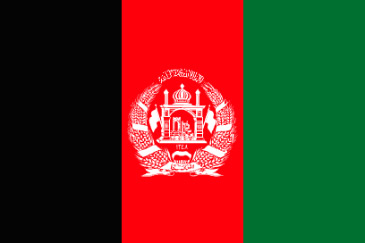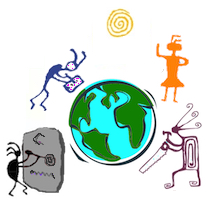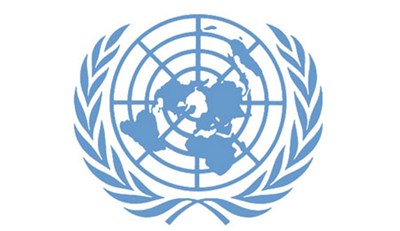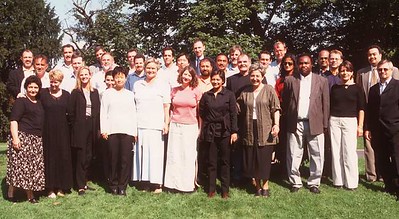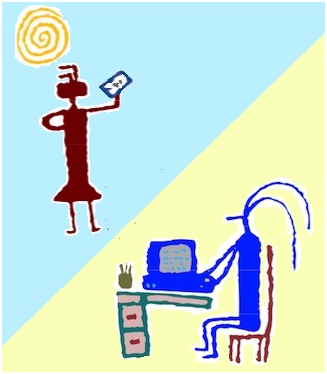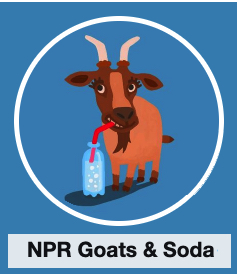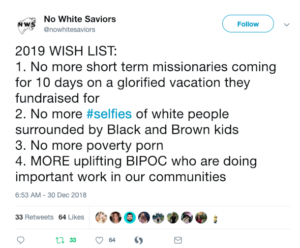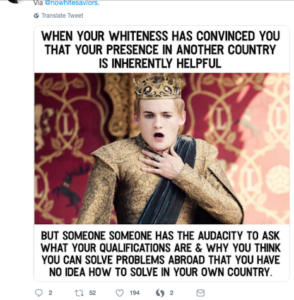I save my political advocacy for other online avenues, for the most part. But as a humanitarian aid professional, I have an obligation to those I have worked with and for, to be ethical in my interactions with them and on their behalf and to be at least somewhat informed on their most pressing challenges. And my continued focus on Afghanistan, particularly regarding the people who are now in profound danger from the Taliban, comes from that belief in that obligation.
I have written my US federal representatives twice already, and even had a phone call with a staff member for one. Here’s what I wrote to Senator Merkley, Senator Wyden and Representative Bonamici today:
Afghans protected me when I worked in Afghanistan in 2007. Afghans, especially women and including my Afghan colleagues, pursued education, work and social endeavors specifically because the USA said it should. And all of those activities that were encouraged by me and so many others from the USA have now put them in grave danger. The actions of the USA have put Afghan women, Hazara Afghans, LGBTQ Afghans, religious minorities in Afghanistan, journalists and many others in grave danger.
Senator Merkeley (or Senator Wyden or Representative Bonamici), waiting for State Department approval has been a MAJOR stumbling block. You are needed to pressure the State Department to better explain to volunteer evacuee groups why manifests are being denied and flights canceled. Better yet, the State Department should adopt a default policy of non-objection: that is, people should be allowed to fly unless a national-security problem pops up during pre-flight vetting, in which case the individual or individuals should be removed and the flight allowed to proceed.
Also, high-risk evacuees cannot leave Afghanistan unless there is space at a “lily pad”—one of several locations outside of the United States where refugees can wait in safety for visa processing to the United States, such as the al-Udied base in Qatar. Expanding capacity may require the United States to offer carrots to regional partners to offset any costs and risk they accept. You can help pressure the powers that be to make this happen.
When high-risk people are waiting for visas, they are a drain on resources that could otherwise be put toward getting more people out. Congress should pass an Afghan Adjustment Act to allow evacuees to adjust their status to apply for long-term permanent residence.
The U.S. government needs to better support, not inhibit, evacuation efforts. Public statements must be matched with quieter efforts to expand multi-organization evacuation efforts such as the #AfghanEvac coalition, identify and work to mitigate common challenges and accelerate the overall evacuation process.
• Please pressure the powers that be to use humanitarian parole funds to hire staff and fund flights. Humanitarian parole applications that allow refugees to enter the United States in an emergency requires a $575 fee. Project ANAR, an advocacy and resource network for Afghan refugees, claims to have filed 20,000-plus applications alone, resulting in more than $11.5 million in fees. These funds should be redirected to hire temporary staff, federal or contract as appropriate, to accelerate visa processing. The fees should also be used to fund additional flights to evacuate high-risk people.
• Volunteer efforts largely drive the effort to evacuate refugees from Afghanistan. We volunteers also have other commitments to friends, job, and simple life. The effort cannot be sustained indefinitely. The United States should develop plans for what happens if those efforts diminish, or even disappear.
The USA has a responsibility to support those put in death’s path to defend it. Let’s get moving.
This was based on the guidance from this blog on Defense One.
Also see:
If you ignore women in Afghanistan, development efforts there will fail.
UNDP and Religious Leaders Promote Women in Sport and Education in Afghanistan.

